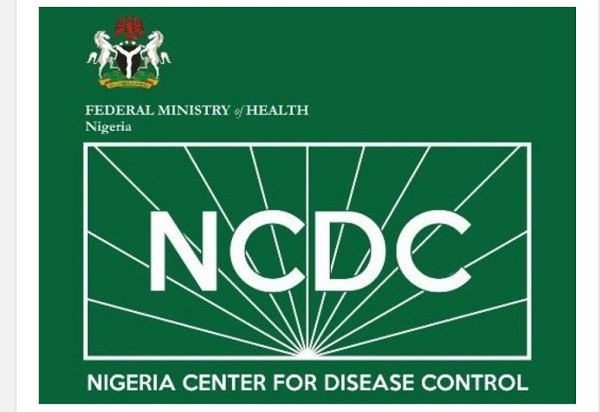
The Nigeria Centre for Disease Control and Prevention (NCDC) has intensified its efforts to enhance surveillance of acute febrile illnesses (AFI) across the country.
This move, supported by key partners, marks a significant step in improving public health and addressing diseases such as malaria, Lassa fever and dengue, which have long impacted Nigeria.
On Monday, stakeholders gathered in Abuja to mark a new phase in Nigeria’s approach to monitoring and responding to AFI. The event celebrated the progress made through the Acute Febrile Illness Sentinel Surveillance (AFIS) project—a collaborative initiative between the NCDC, the Institute of Human Virology Nigeria (IHVN), and the U.S. Centres for Disease Control and Prevention (US-CDC). Since its launch on April 4, 2022, the project has focused on strengthening surveillance and diagnostic capacity for nine diseases, including malaria and SARS-CoV-2.
In his keynote address, director-general of the NCDC, Dr. Jide Idris highlighted the evolution of Nigeria’s surveillance systems from rudimentary data collection to sophisticated, technology-driven approaches. Represented by director of special duties at NCDC, Dr. John Oladejo, Idris emphasised the importance of continued collaboration at all levels—local, national, and international. “We have laid a strong foundation, but there is still much work to be done,” he noted, stressing the need for enhanced data analysis capabilities and improved timeliness in reporting systems.
Idris also called for a renewed commitment to transparency, accountability, and inclusivity in the surveillance process, particularly in rural and underserved areas. He acknowledged the opportunities and challenges ahead, including advances in diagnostic technologies and real-time data, which offer hope for early detection and intervention. However, he cautioned that emerging threats, such as new pathogens and the impacts of climate change, present ongoing challenges.
“The focus will be on enhancing data analysis capabilities, improving the timeliness of reporting systems, and ensuring that responses to febrile illnesses are swift and effective,” Idris said. He urged all stakeholders, from frontline health workers to policymakers, to work together in building a resilient surveillance system capable of protecting the health of all Nigerians. “With your continued dedication and collaboration, we can achieve our shared vision of a Nigeria where febrile illnesses are detected early, managed effectively and ultimately prevented from taking the heavy toll they have in the past.”
Programme director of the division of global health protection at the US CDC, Dr. Farah Husain echoed these sentiments, noting that the event marked both the culmination of two years of hard work and the beginning of a new phase in the partnership focused on AFIS. She emphasised the critical role of AFI surveillance in public health, particularly in identifying pathogens, preventing misdiagnosis and addressing drug resistance to reduce morbidity and mortality.
Husain acknowledged the progress made in building surveillance capacity and the lessons learned from the challenges faced during the past two years. She highlighted the importance of establishing a robust AFI surveillance system capable of quickly detecting and reducing the spread of diseases within Nigeria and beyond, contributing to global health protection.
Earlier, executive director of the International Research Centre of Excellence at IHVN, Prof. Alash’le Abimiku stressed the importance of collaboration between various partners, including the Institute of Virology, the Nigerian government and the US CDC. Abimiku highlighted the commitment to supporting the Nigerian government, particularly in the transition phase and the ongoing efforts to improve healthcare and accurately diagnose patients.
She expressed confidence in the future, noting that the foundation built through these partnerships would ensure a seamless transition and continued progress in achieving better healthcare outcomes. She also encouraged open discussions about difficult issues, emphasising that this was a collective effort in which all stakeholders, especially Nigerians, should actively participate in shaping the future.
Abimiku acknowledged that while significant progress has been made, the journey was just beginning, and there was a commitment to doing even better moving forward.
AFI, a common symptom of various infectious diseases, is often treated based on symptoms due to limited diagnostic services in Nigeria. The AFIS project has established sentinel sites across the six geopolitical zones of Nigeria to improve data collection and response strategies. Key activities include training lab scientists, confirming AFI cases, managing data through systems like SORMAS and providing supervision and mentorship.
As the project transitions to the NCDC, its sustainability is expected to offer benefits such as early disease detection, targeted public health interventions and integration with existing surveillance systems, ultimately contributing to a healthier and more resilient Nigeria.

